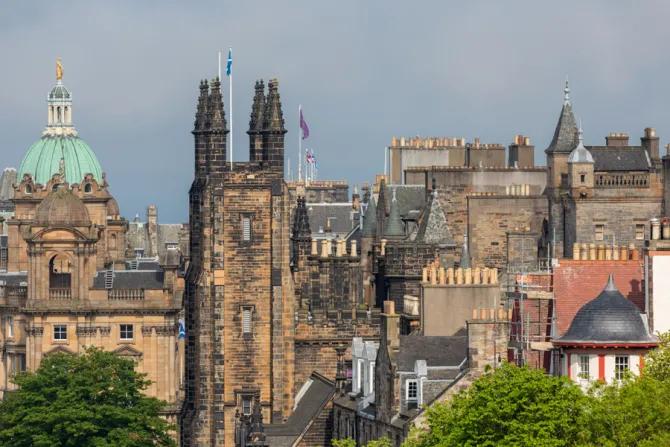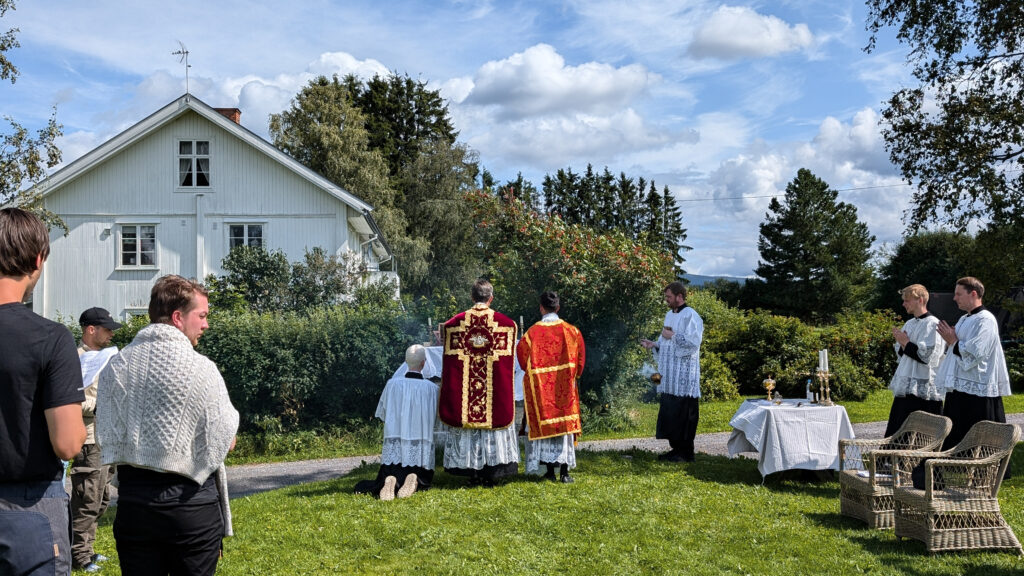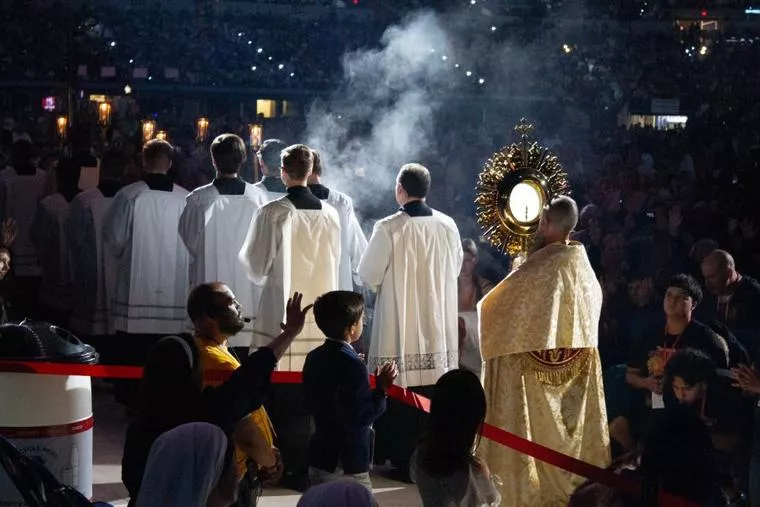Bishops in Scotland react to new data showing majority of Scots have ‘no religion’
Catholic bishops in Scotland have said that new data indicating that the majority of Scots have no religion comes as no surprise.
Census results from the year 2022 on ethnicity, identity, and religion in Scotland were released on May 21, revealing that 51.1% of respondents to the census claimed they had “no religion” compared with 36.7% of respondents in 2011.
The religiously unaffiliated — or “nones” as they are often referred to — now also make up the largest religious category in the U.S., according to a new report by the Pew Research Center.
In an email exchange with CNA, a spokesman for the Catholic Church in Scotland said that a loss of faith was unsurprising against the backdrop of economic hardship, a recent global pandemic, and major wars in the world.
“It is not surprising that in our country — with all the recent economic problems and hardship, with increasing disillusionment in politics and institutions including the churches, with the pandemic, with war on all continents — that peoples’ faith is wavering. We understand people are struggling to believe,” the spokesman said.
He added: “As the late Pope Benedict XVI said, ‘When the seas were rough and the wind blew against us and it seemed that the Lord was sleeping.’”
When asked about whether a failure to evangelize by the Church’s hierarchy was a contributing factor, the spokesman told CNA: “We could always do better. Evangelization is always a priority for the bishops. Unfortunately, the ground over the past decade since the last census has been particularly dry with all the issues mentioned above.”
The Church of Scotland remains the largest group among those who said they had a religion, but the overall number of people who identified as Church of Scotland has also decreased in the past decade.
In 2011, 32.4% of respondents said they belonged to the Church of Scotland, but this figure now stands at 20.4%, according to the latest results. This means a decrease of 610,000 people since 2011 and more than 1 million since 2001.
Meanwhile, the second largest religious group in Scotland is listed as Roman Catholic, with 13.3% identifying as such in 2022. The number of people who described themselves as Catholic decreased by 117,7000 since 2011, according to a statement from Scotland’s Census released on May 21.
However, the number of people who identify as Muslim in Scotland has increased by 43,100 between 2011 and 2022.
The Rev. David Cameron from the Church of Scotland told the BBC that the decline in membership was a cause for concern.
“It is sobering, and we know that when the church is measured in this way it can feel hurtful for our members and be a source of anxiety for many,” he said. “But our faith and our relevancy cannot be expressed simply as a set of numbers in a table.”
Meanwhile, Ian Bradley, a former Scottish journalist and Church of Scotland pastor serving as head of the theology faculty at the University of St. Andrews, also said the results were not surprising.
Reflecting on the reason for a decline in religion, he told La Croix International: “The Church of Scotland is not sufficiently attractive, especially to young people. It struggles to shed its somewhat old-fashioned and boring image.”
He added: “The Church of Scotland appears much more progressive than the Roman Catholic Church, but it remains opposed to abortion and assisted dying … The Scottish Church is considered too liberal for some and too traditional for others.”




